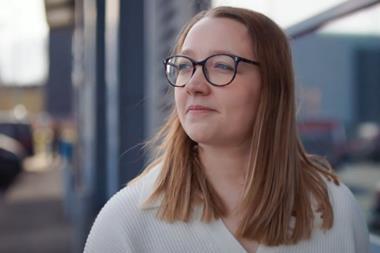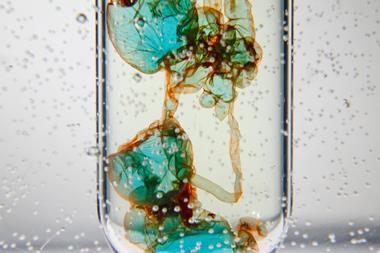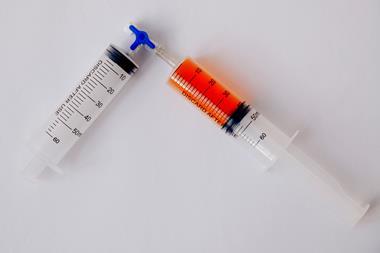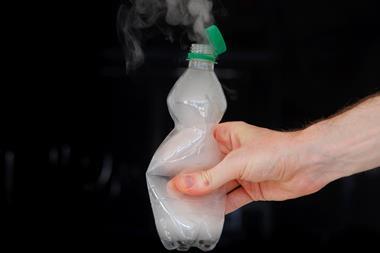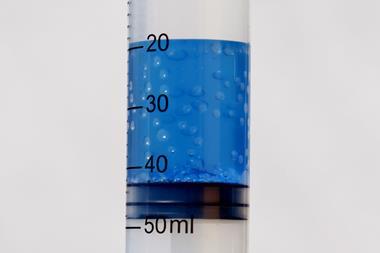Everything you need to know
-
- Salary range: £40k+
- Minimum qualifications: Degree-level qualifications (including master’s)
Studied at: University of Burgandy - Skills required: digital skills, analytical skills, technical skills, laboratory techniques, problem solving, data analysis, communication skills, report-writing skills, research skills, innovation.
- Training required: Training on how to use specialist laboratory equipment.
- Work–life balance: There may be flexible working opportunities. Managerial roles might require working overtime.
- Career progression: There may be the opportunity to progress to more senior roles such as Director, which would require an oversight of a larger number of teams and departments.
- Locations: Find related work experience positions using our map of employers
More profiles like Margot's
What I love about my job is that I get to apply chemistry to real-life problems, in this case fighting in the war on plastics.
My name is Margot, I work as a research innovation manager at Polymateria. So at Polymateria we develop a technology that consists of a small molecule that we add to normal plastic, which doesn’t change anything to the actual nature if the plastic but if it ever escapes into the environment then the triggered action of sunlight, heat and rain will activate this little molecule and will induce breakdown on the plastic into small fragments and those small fragments will then be able to be eaten by bugs naturally occurring in the environment.

Some days I’m going to spend my day in front of a computer working on reports and meetings, reading the latest scientific article on the topic we are working on. Other days I go to the lab, analyse the properties of plastic we’ve added new molecules to, or picking up and developing new molecules that we could add to the plastic for future prototypes.
I think chemistry is a very good degree. It can be quite impossible to predict where it’s going to take you. I worked in different areas of chemistry from catalysis to medical imaging to cancer therapy and now I’m working with polymers and plastics and bugs.
It’s so fun when you discuss a challenge with colleagues with different backgrounds and experiences that you do realise how valuable every single opinion is. You need to be able to explain science to scientists and non-scientists as well.
What I love about my job is when we receive prototypes of cups, of food packaging with our technology in it which might end up tomorrow on a supermarket shelf. I get to apply chemistry to real-life problems, in this case fighting in the war on plastics.
I really hope that in five years time the problem of plastic waste will be on a very good track to being solved and I see myself then as tackling new challenges, either dealing with climate change or linked to the discovery of new drugs to cure diseases such as Alzheimer’s or cancer.
“In lab tests that mimic ambient real-world conditions, our polyethylene waxes will go back to nature in 226 days, and our polypropylene waxes in 336 days.” - Niall Dunne, Polymateria. Find out more about Polymateria and how their “self-destructing” plastic has helped define a new British Standard for biodegradability.
Progressive plastics: explained: find out more about what a sustainable future for plastics could look like
First published 2020








